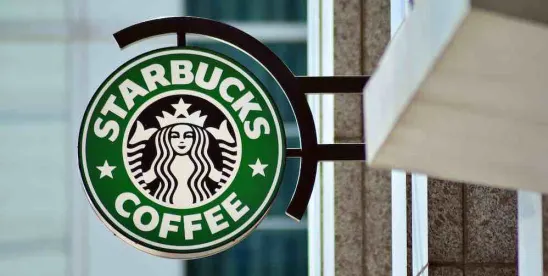As we discussed in a prior blog entry, the National Labor Relations Board (“NLRB” or “Board”) ordered a novel remedy — consequential damages — against an employer in its decision in Thryv, Inc., 372 NLRB No. 22 (2021). The current Board envisions this sort of remedy as covering a wide swath of potential financial repercussions against a party found to have violated employee rights, such as unlawful termination of employees. This could, include, for instance, mortgage payments and credit card late fees. With interest, these damages can quickly balloon to tens of thousands of dollars and change the risk and settlement calculus.
In our prior entry, we discussed our expectation that the Fifth Circuit would address the propriety of the Board’s authority to order such remedies. The Fifth Circuit, however, ultimately punted on the issue because it refused to enforce the violation found by the Board in the underlying case, making the remedies ordered by the Board in that case moot. See Thryv, Inc. v. NLRB, 102 F.4th 727 (5th Cir. 2024).
Cue the next challenge, which involves a Board order against Starbucks to pay consequential damages. NLRB v. Starbucks Corp., Docket No. 23-1953 (3d Cir. May 24, 2023). In the underlying Board decision, the Board ordered Starbucks to reinstate two discharged employees and compensate them for all “direct or foreseeable pecuniary harms incurred as a result of [their discharges.]” Starbucks Corp., 372 NLRB No. 50 slip op. at 1 n.3 (2023).
Starbucks is challenging the Board’s authority to order an employer to compensate its former employees for consequential damages. Starbucks Corp., 372 NLRB No. 50 slip op. at 1 n.3 (2023). While the case has been pending before the Third Circuit since May 2023, the Third Circuit just heard oral argument on September 18, 2024, and the Board’s ability to order consequential damages as a remedy was a pivot issue of that oral argument. During oral argument, the parties presented their positions, with the Board arguing it has always had the authority to order parties to compensate discriminatees for “direct or foreseeable pecuniary harms” (i.e., consequential damages), and the new language was added to avoid confusion among employers. Essentially the Board is arguing that its ability to order make-whole relief has always included compensating discriminatees for these sorts of pecuniary harms. Meanwhile, Starbucks argued that the new remedy would improperly give the Board an unprecedented level of power to award compensatory damages that in effect punishes companies.
It seems likely that the Third Circuit will rule in this case as to whether the Board has the authority to order the remedy of consequential damages. Employers should keep an eye on the Third Circuit’s decision, which could have wide-ranging repercussions for employers with matters pending before the Board.





 />i
/>i
